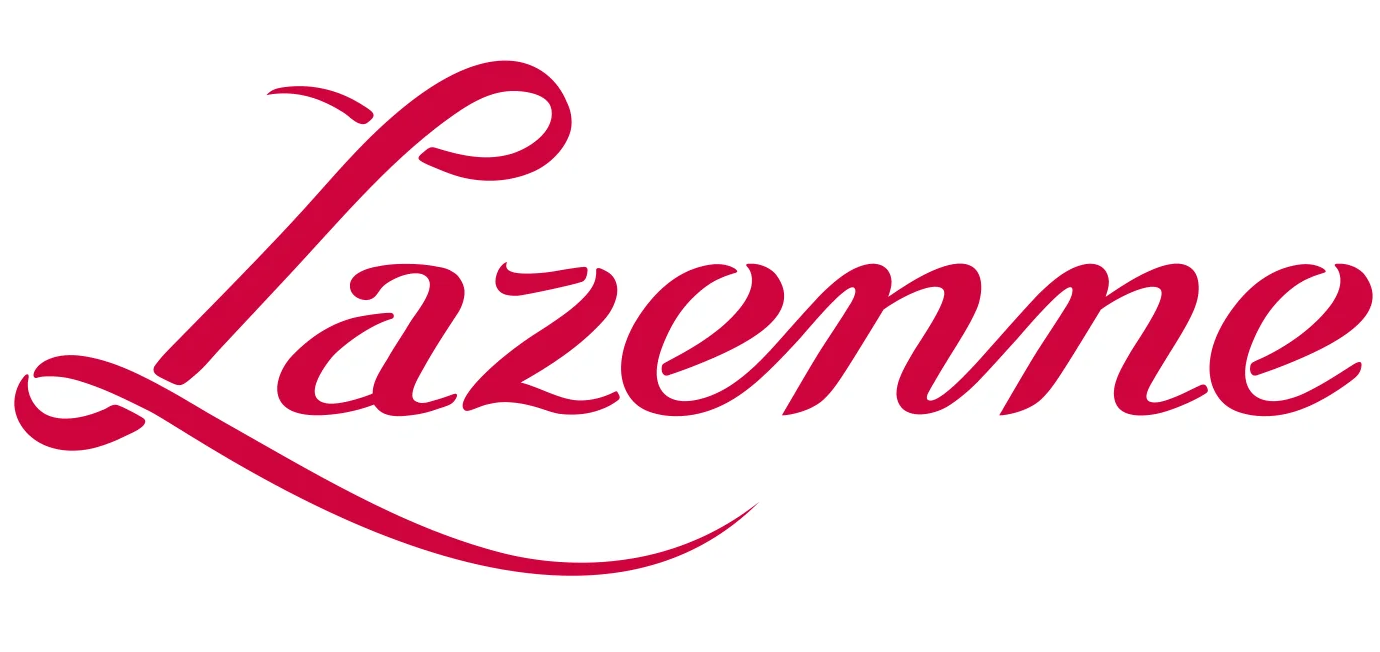4 good reasons to visit a winery in the Langhe

Last week we featured expat and local resident Valerie Quintanilla (GirlsGottaDrink) giving her views of why Piedmont is a must for wine lovers thinking about visiting Italy. This week we continue on the same theme. Enrico Cassinelli, local resident and founder of Langhe.net gives wine and food lovers four good reason to visit the Langhe, a hilly area to the south and east of the river Tanaro in the province of Cuneo in Piedmont.
The Langhe is a magnificent wine region, where the local wine and food traditions relive every day in the wine cellars, in its people and its splendid hills. Ancient castles, fortified villages, small towns and art treasures, along with unique products such as truffles, the ‘Tonda Gentile’ hazelnut and famous wines like Barolo, Barbera, Barbaresco and Moscato are just some of the great reasons to visit these locations.
In particular, the wineries dedicated to producing wine are the true stars of this land. Unlike Tuscany, another area where the Made in Italy brand excels, Langhe companies are characterized by their limited size. They are mostly small, family-run businesses, that are well-integrated with the territory and the local community. The family values, respect for the environment for both oneself and others and the inheritance of local traditions are the main ingredients of the exceptional wines that are produced here.

Uncorking one of these wines is a simple gesture, but one of great significance.
Each bottle tells its own story, which may be similar to others, but always unique and inimitable. And whether we’re talking about a fine Barolo or a more humble red table wine, the history of all wines starts in the same place: in the wine cellar.
This is the reason why it is extremely important to visit cellars if you want to get to know and fully appreciate a bottle.
Having direct contact with the producer, the person who has taken care of the grapevines right from the very first bud, is essential in understanding the hidden secrets behind the bouquet of scents, the colorful shades and the mix of flavors that are encased in each glass.
# 1 - The Secrets of quality wines: passion, tradition and family values.

In every company you’ll be guided by the producer himself and his family, who together will lead you to discover the secrets of wine-making via an interactive and personal growth itinerary.
The region's wine cellars are characterized by the enhancement of ancient knowledge handed down through farming traditions, the strong sense of local identity and by the strong values linked to the family and to the passion for one’s work.
# 2 - Sweat, commitment and sacrifices hidden behind each label.

The vineyards never rest, not even during winter. Work is carried out throughout the entire year, because only a high quality product can become a great wine. During the harvesting period the grapes are brought to the cellar, where the winemaking process begins, and then followed step by step by the person who will take you on a guided visit of their company. As you get to know the secrets of the production process, you too will acquire the knowledge that is needed to understand and fully appreciate challenging and complex wines like Barolo.
# 3 - Each glass has its own particular story to tell.

After the tour of the winery and the vineyards, you will be guided through the wine tasting. Each glass will be explained and described with passion by those who produced it. You’ll learn how to taste wine and what combinations enhance its quality. In fact, you’ll often find offered tastings of local products accompanying the wines.
# 4 - An incredibly rich terroir

History, art, culture and nature are part of the magnificent landscapes of the Langhe, now considered UNESCO World Heritage sites: the result of the work of man, a historical evolution and natural elements.
In particular, viticulture has contributed to embellishing the land with vines and vineyards that blend in wonderfully with woods, hazelnut groves and uncultivated nature, making these extraordinary locations unique.
Added to this are the medieval castles, fortified towns, small villages, festivals and local feasts, such as Vinum and the Alba White Truffle Fair, and the numerous typical dishes and products of the Piedmont cuisine. The range is truly ample, you just need to decide how to go about venturing: by car, camper, motorcycle, bicycle, on foot or horseback.
Visits are usually offered in several foreign languages. These tours are perfect not only for connoisseurs and wine lovers, but also for families and nature lovers in general.
Enrico Cassinelli is the CEO of Langhe.net, the portal where you can find everything you need to know about Wine, Food and Itineraries of the Langhe.

Leave a comment
This site is protected by hCaptcha and the hCaptcha Privacy Policy and Terms of Service apply.